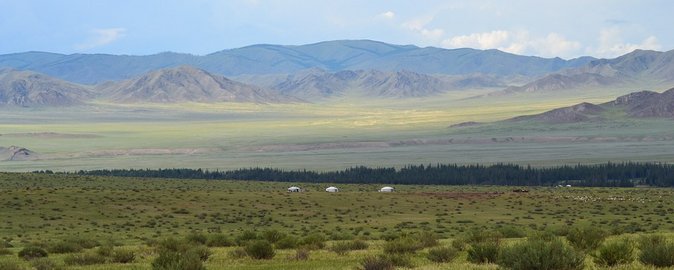Anthropogenic Heathlands: The Social Organization of Super-Resilient Past Human Ecosystems
ERC Starting Grant to IMC Researcher Mette Løvschal

Mette Løvschal has received 1,5 mio EUR for the project "Anthropogenic Heathlands: The Social Organization of Super-Resilient Past Human Ecosystems" with the acronym ANTHEA.
Abstract
In a time of accelerating human-caused ecological catastrophe, questions of organizational resilience have become extremely timely. In bringing the archaeological perspective of a 4200-year timespan, ANTHEA seeks to to radically alter our knowledge of resilient forms of self-organisation in past land-use regimes and human-nature entanglements. Based on seven case study areas, ANTHEA will show how collaborative institutions of common land use were organized in the North European heathland regimes (3200 BC-AD 1000), with a particular emphasis on their earliest emergence, their adaption to internal and external factors as well as their ecological, temporal, spatial, and social fabric.
More than 4,000 years ago, farming communities across northern Europe began the first fire-based expansion of naturally occurring heather. Pollen evidence suggests that some of these grazing areas, spanning thousands of hectares, existed until the 18th-19th century. Without frequent intervention and management, anthropogenic heathland will turn into forest. So the survival of these areas suggests the existence of highly specialised forms of social organization with the unique capacity to persist. Still, we know little about the actual stability of these heathlands or what caused their unprecedented resilience.
By shifting attention away from seeing institutional robustness as equilibrium, stability and continuity and placing the questions of instability, uncertainty, and areal flexibility at the centre, ANTHEA envisages a new cultural history of heathlands that breaks with rooted ideas of these areas being marginal and underdeveloped.
ANTHEA is truly multidisciplinary and links landscape and settlement archaeology with paleoenvironmental modelling, social anthropology and philosophy. Moreover, the project introduces a pioneering theoretical and methodological advancement in the temporality of resilience, to be made usable in contemporary land-use policies. The long-term perspective will allow detailed historical trajectories to be established of how common land-use institutions emerged and reorganized according to changing circumstances, challenging the "tragedy of the commons" narrative.
About Starting Grants ERC
Starting Grants are awarded to early-career researchers of any nationality with two to seven years of experience since completion of the PhD (or equivalent degree) and a scientific track record showing great promise. The research must be conducted in a public or private research organisation located in one of the EU Member States or Associated Countries. The funding (maximum €2.5 million per grant, including up to €1 million to cover extraordinary costs) is provided for up to five years.
Read more here.
Contact
Mette Løvschal, Associate Professor
School of Culture and Society - Archeology and Moesgaard Museum



